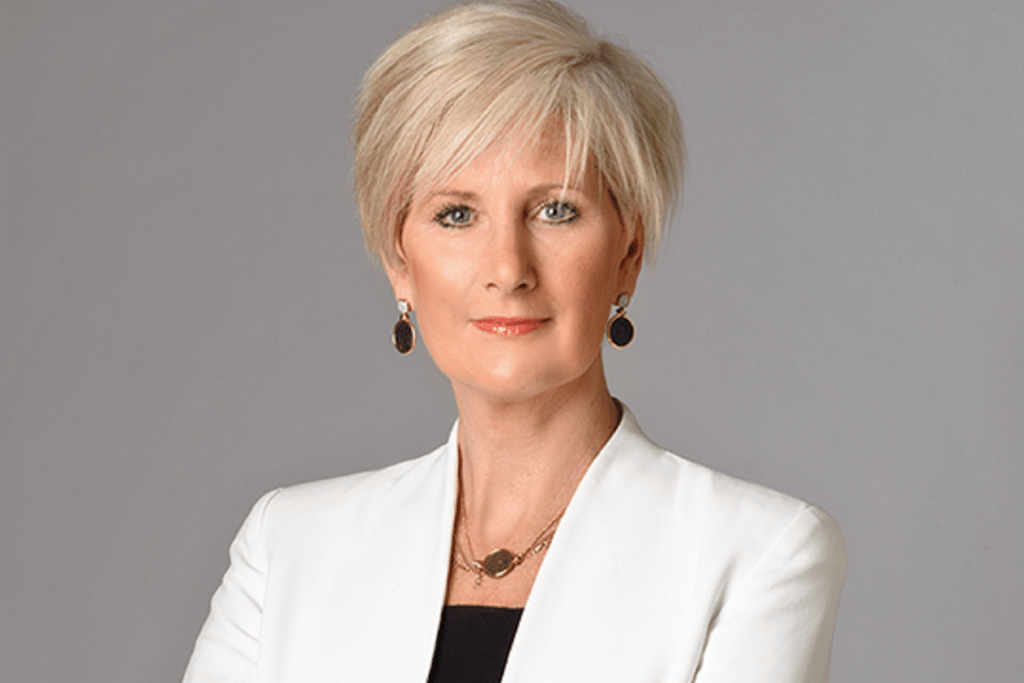The introduction of the National Disability Insurance Scheme was a game-changer for Australians living with disability.
For many, it was the first time they had assistance to purchase support which offered help, hope and purpose – a chance to participate in the community. For some, support with physical and mental disability has provided an opportunity to live independently – a chance to gain the skills and confidence to catch a bus or head to the supermarket – things many of us take for granted.
As CEO of Mind Australia – one of the largest providers of NDIS services for people with a psychosocial disability – I get to see and hear first-hand about the positive impact of these services.
NDIS funding provides an opportunity for people with serious mental health issues to access psychosocial support – like the kind provided by Mind Australia – which helps them manage daily activities, rebuild and maintain connections, engage with education and employment, and participate fully in the community. These are supports which help people take positive steps in their mental health recovery journey.
But not all our client’s stories are the same. We continue to hear from our clients with psychosocial disabilities that NDIS packages are increasingly harder to access and we have seen a regular creep in the reduction of their support.
A quick google of ‘NDIS’ and ‘funding’ reveals a long list of articles about funding cuts and worker shortages.
The NDIS is in the news again this week as Labor’s disability services spokesman Bill Shorten spoke about the biggest threat to the scheme being “a lack of trust”.
Shorten was announcing Labor’s plan for the NDIS should it win government in May. He highlighted the difficulties that NDIS clients face and proposed an expansion of the National Disability Insurance Agency (NDIA) to provide more staff to make important decisions about client packages – something which we welcome.
Treasurer Josh Frydenberg previously said in May that NDIS funding would continue to grow over the next four years and would “always be fully funded” under a Coalition Government – also a welcome sentiment.
But the Prime Minister Scott Morrison has previously warned that the scheme needs to be made more “sustainable”.
“The costs of the NDIS are increasing more than was ever contemplated or expected,” he said last year.
We are seemingly at a cross-roads. Looking at the road ahead, it’s important that we don’t disproportionately focus on the cost of the NDIS to the detriment of the overwhelmingly positive impact and potential it has – not just at the client level but the broader economic level.
Because universal services are just that. They recognise that people with a disability – mental or physical – deserve a level playing field, an opportunity to participate fully within their community. It’s not about welfare, it’s about participation. It’s not about dependence, it’s about independence. And supporting the NDIS is not just about committing to social justice, it’s about embracing sound economics.
This discussion about excess levels of expenditure or value for money never seems to raise its head with such prevalence when defence spending is in the spotlight. Why do we seemingly apply more scrutiny to a person seeking a few thousand in disability support today than billions on submarines which won’t be built for years to come?
We know from campaigns like Teamworks works, that by supporting more than 450,000 Australians with the NDIS, there is a flow-on benefit for all Australians. For every dollar spent on the NDIS, the scheme delivers $2.25 to the Australian economy. In 2020-21 the NDIS will generate $52.4 billion in value to the economy.
And did you know the NDIS employs 270,000 Australians? A large proportion of those workers are female. At Mind, people who identify as women represent 71 per cent of our frontline workers.
The original 2011 Productivity Commission report noted the positive economic impact of an NDIS:
“The benefits of the scheme would significantly outweigh the costs.”
These strong economic arguments for an NDIS seem to have been lost amongst a sea of articles and commentary which focus solely on the cost of NDIS packages.
NDIS funding is more than just numbers on the bottom line. They impact real people.
We see our clients’ distress first-hand when their funding applications are declined or suddenly reduced. They tell us this can sometimes happen without explanation. They become despondent and the sense of hopelessness can be all-consuming.
In one case, a client gave up on an application for supported independent living accommodation after almost a year of waiting. They ended up in insecure housing – living in a caravan – with no mental health support. That obviously has a great personal impact but make no mistake, there is an economic consequence too.
I highlight these stories, facts and figures not to criticise the NDIA but to highlight its value. We cannot underestimate the importance of a well-funded body which supports Australians to receive the help they need.
The NDIS remains a great social reform that was driven by people with disability, their families and carers, and the providers who support them. A strong NDIS is crucial for people with disability, the broader community and the economy.
If we are at a cross-roads, let’s hope we go down the path that looks at the evidence and the impact, not the spin.
Gill Callister is CEO of Mind Australia, a community-based mental health organisation with a long tradition of working with people with serious mental ill-health. She has dedicated her career to improving public policy and service delivery, particularly for vulnerable people in the community. Twitter: @GillCallister



